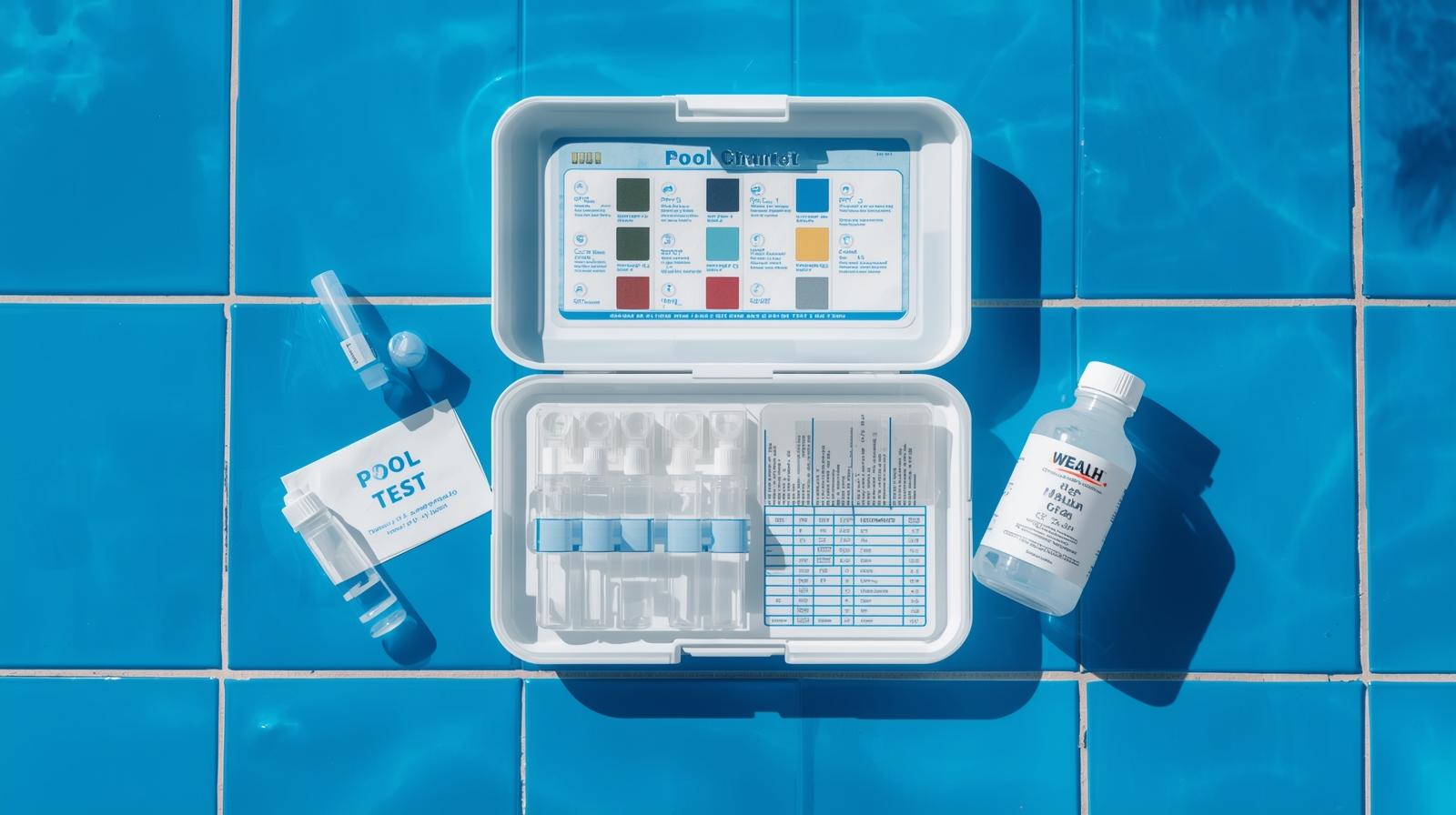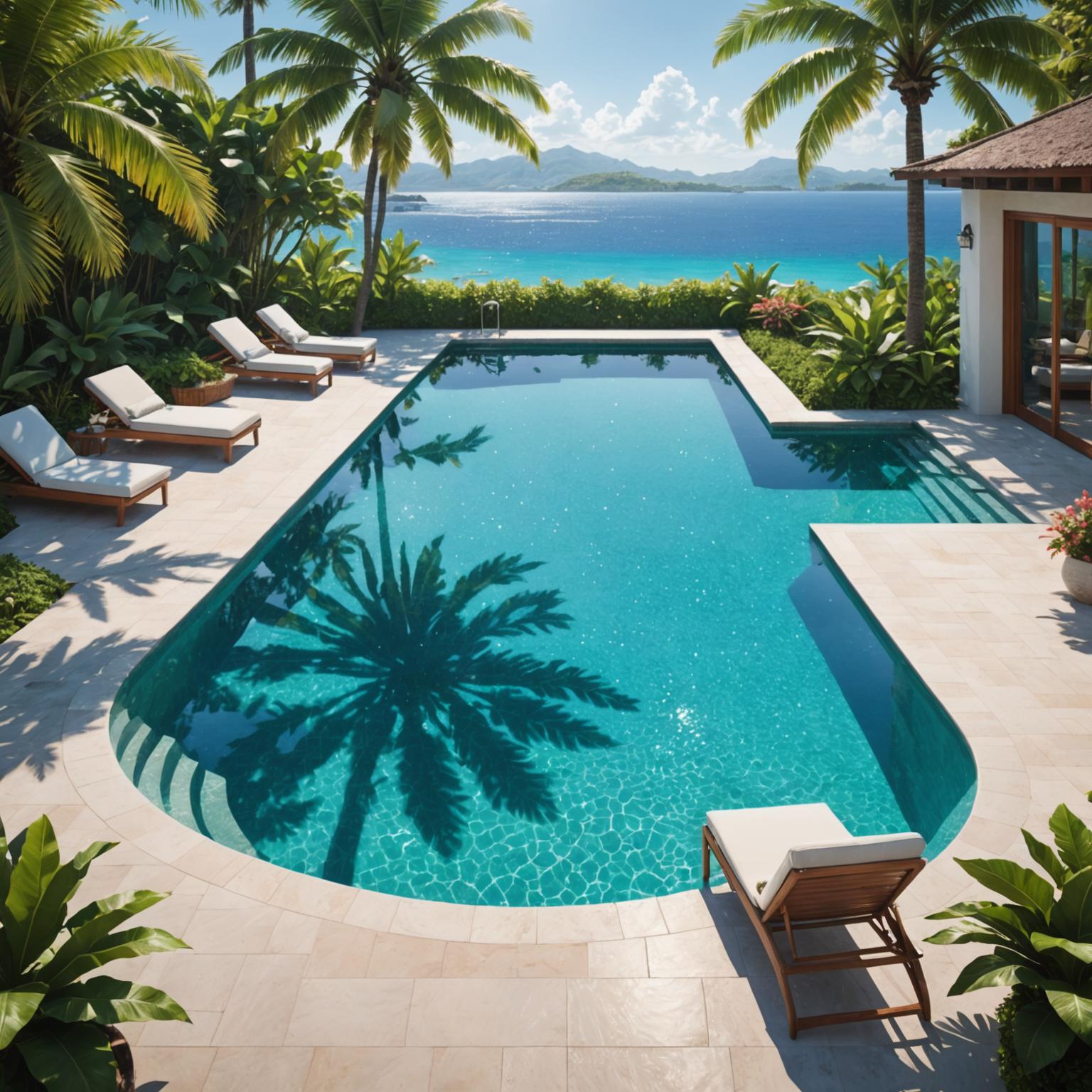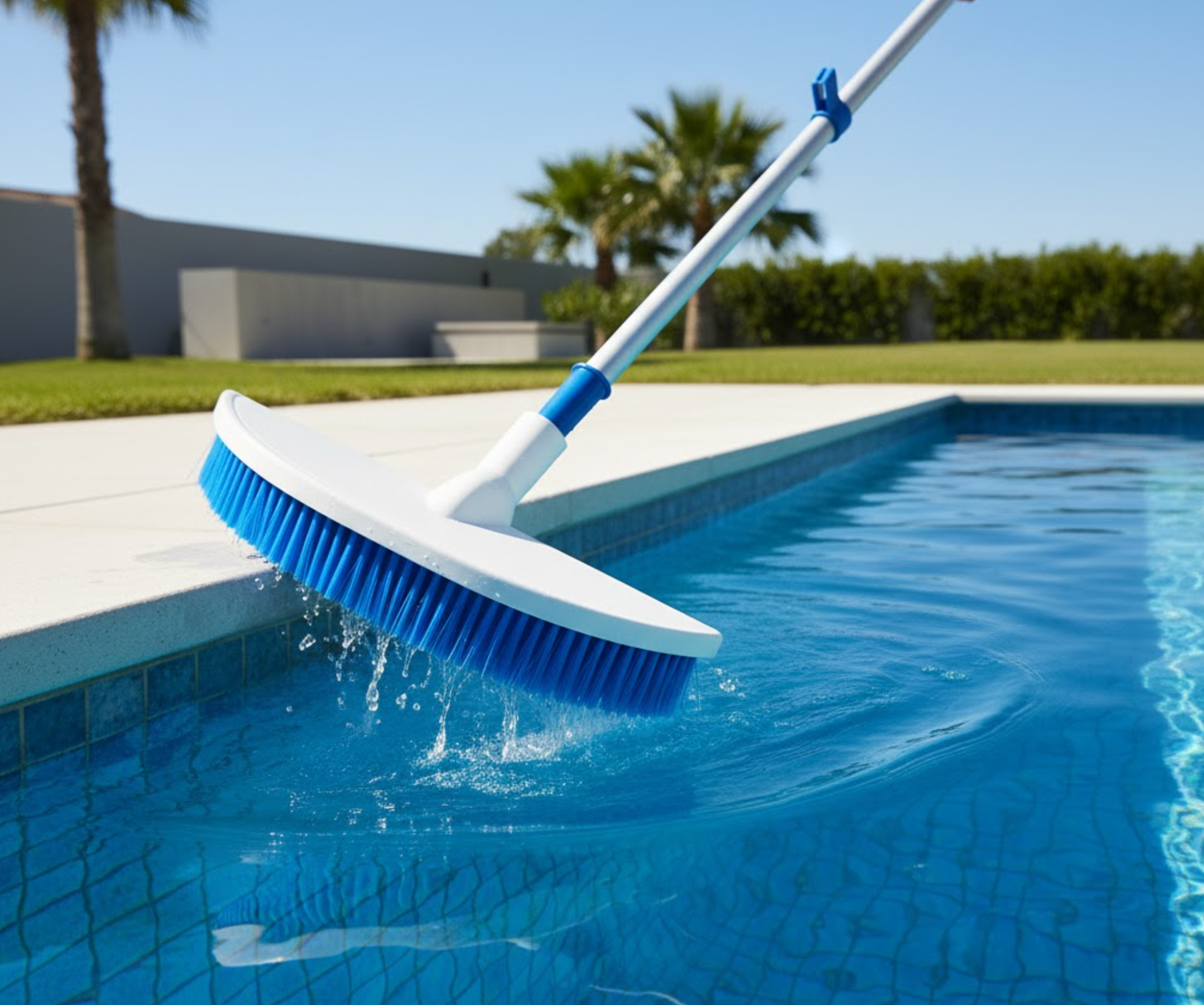
Accuracy You Can See: How Pool Test Kit Suppliers Support Reliable Water Quality Control
Why Water Testing Defines Pool Safety
For any commercial or public pool, maintaining clear and safe water is not optional—it’s a regulated requirement.
High usage, weather conditions, and chemical dosing create daily fluctuations in chlorine concentration, pH balance, and alkalinity levels.
Inconsistent testing leads to water irritation, bacterial growth, and equipment corrosion.
That’s why leading pool test kit suppliers design systems capable of delivering laboratory-grade accuracy in a portable, easy-to-use format. These kits help operators track real-time chemical balance, ensuring both compliance and swimmer comfort.
Pool safety begins not with filtration—but with precise, routine water testing.
The Science Behind Modern Pool Test Kits
Unlike generic paper strips, professional pool test kits employ reagent-based colorimetry—a process where controlled chemical reactions indicate concentration through color change.
Core testing parameters include:
-
Free and Total Chlorine: Determines disinfectant activity.
-
pH Levels: Indicates water acidity affecting swimmer comfort and equipment life.
-
Total Alkalinity: Stabilizes pH fluctuations.
-
Calcium Hardness: Prevents scaling and corrosion.
-
Cyanuric Acid: Regulates chlorine degradation under UV exposure.
Modern kits integrate high-purity reagents, UV-stable color comparators, and precision droppers for repeatable results. Some suppliers even include digital photometers for automated readings.
Traditional vs. Professional Test Kits
| Feature | Paper Strip Kit | Professional Reagent Kit |
|---|---|---|
| Accuracy | ±20% | ±5% or better |
| Parameters | 2–3 (basic) | 5–7 comprehensive |
| Chemical Basis | Indicator dyes | Liquid or tablet reagents |
| Reading Type | Visual only | Visual + digital comparator |
| Durability | Single-use | Multi-use, refillable |
| Storage Life | <3 months | 12–18 months reagent stability |
| Typical Use | Residential pools | Commercial and institutional pools |
Professional kits are not only more precise—they’re also cost-efficient over time, as refills replace full kits and maintain testing continuity.
Application Scenarios Across Pool Facilities
Water quality testing routines differ by facility type and operating environment:
-
Public Pools: Require multi-parameter testing (chlorine, pH, alkalinity) twice daily to comply with health regulations.
-
Resort and Hotel Pools: Focus on balanced aesthetics—preventing cloudiness and odor through fine pH control.
-
Sports and Training Facilities: Need continuous testing for large volumes of water with frequent swimmer turnover.
-
Industrial or Saltwater Pools: Must monitor mineral hardness and salinity levels for corrosion control.
-
Private Institutions & Schools: Favor user-friendly kits with color-coded guides for quick daily checks.
Each scenario demands the right combination of testing precision, reagent stability, and portability, tailored to operational demands.
How to Choose the Right Pool Test Kit for Your Facility
Selecting a pool test kit depends on three main factors: chemical complexity, frequency of use, and operator expertise.
1. For Routine Daily Checks:
Choose drop-type reagent kits with color comparators for fast, visual readings of chlorine and pH.
2. For High-Load Pools:
Opt for digital photometric kits with extended parameters, ensuring consistency under varying chemical loads.
3. For Outdoor Pools:
Select kits including cyanuric acid and hardness reagents, essential for UV and temperature-sensitive water chemistry.
4. For Multi-Site Operations:
Use modular test kits compatible with refill reagent packs—reducing cost and ensuring uniform readings across facilities.
5. For Training or Low-Expertise Users:
Prefer pre-measured reagent tablets to eliminate dosing errors and ensure reproducibility.
Using the right kit design can reduce chemical misdosing incidents by up to 30%, extending the lifespan of filtration and piping systems.
Manufacturing and Supply Excellence: Bonny’s Approach to Quality
A professional pool test kit supplier like Bonny ensures precision and reliability through chemical consistency and system integration.
Manufacturing standards include:
-
High-purity reagent formulation under controlled humidity conditions.
-
Color-standard calibration using ISO-certified spectrophotometric references.
-
Leak-proof reagent packaging for export stability in variable climates.
-
Durability testing for casing, droppers, and tablets under UV exposure.
-
OEM/ODM customization for branding, reagent configuration, and multilingual labeling.
These quality controls ensure that every kit performs accurately whether used in tropical resorts, municipal pools, or academic institutions.
For OEM partnerships or professional-grade testing systems, visit Bonny’s homepage or contact us here.





